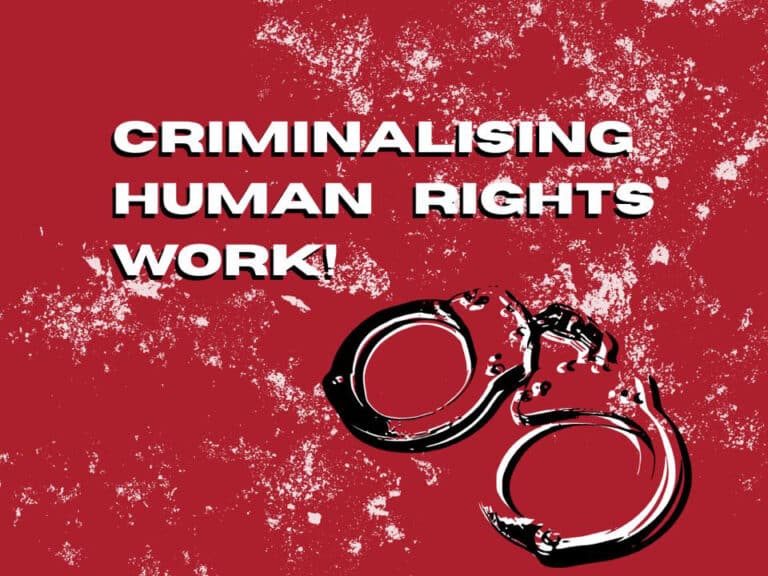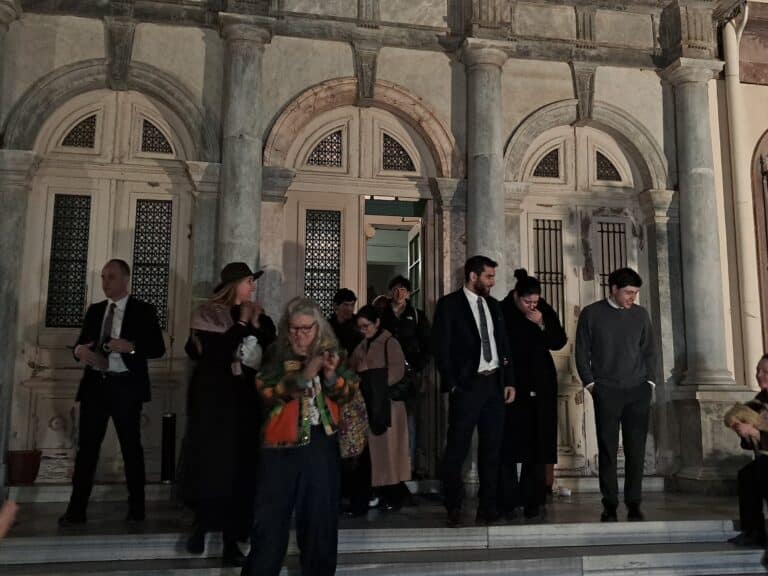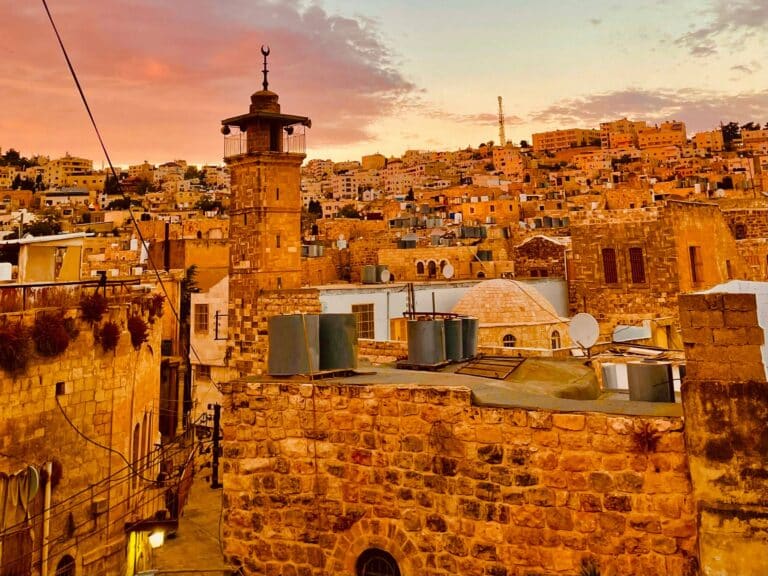On Monday, Trump and his cabinet met El Salvador’s President Nayib Bukele in the Oval Office. Bukele claims to have “liberated millions” through his mass incarceration program. Last month, the US deported hundreds of Venezuelans to El Salvador, where they were shaved before TV cameras and incarcerated in CECOT prison. Hundreds have died there in its two years of operation. When it opened, Colombia’s President Petro likened CECOT to a concentration camp: “it gives one chills”.
Among those deported in March was Kilmar Ábrego García. His family says he was arbitrarily arrested. They took the US government to court to bring him back. Last week the Supreme Court ordered the US to “facilitate” his return. Trump and his cabinet refuse. “The foreign policy of the United States is conducted by the president”, said the Secretary of State, “not by a court.”
They say that Trump’s defiance of the court could trigger a constitutional crisis, that the tension between the administration and the judiciary is the faultline beneath US democracy – courts as the bulwark against an authoritarian slide. But earlier this month, the Supreme Court allowed Trump to continue deportations under the 1798 Alien Enemies Act, meaning people are snatched from the streets based on little more than a tattoo or a branded t-shirt.
Anti-fascist thinker Alberto Toscano rejects the common assumption of an “absolute antithesis between fascist despotism and liberal democracy”. Focusing on the “prism of race”, he asks us to consider the “possibility of a fascist freedom” latent in liberal democratic societies, which would force us to confront “the spontaneities and enjoyments that fascism offers to its managers, militants or minions.”
In court, ICE officials admitted that Ábrego García’s deportation was an “administrative error”. The father of another deported Venezuelan describes the moment his son was kidnapped: “The officers grabbed him and two other boys right at the entrance to our building. One said: ‘No, he’s not the one,’ like they were looking for someone else. But the other said: ‘Take him anyway.’”
Half a world away a similar story unfolded, whose familiar details make it no less horrifying. Bashar arrived in Europe from Gaza in 2018 to join his brother Haytham in Sweden. He crossed to Greece by boat from Turkey, taking refuge in the squats of Athens’ Exarcheia neighbourhood, before being granted permission to join Haytham. Once there, the Swedish Migration Agency rejected his application and cancelled Haytham’s permit too. In 2023 they were deported via Egypt back to Gaza where an Israeli rocket killed them while living in a “safe zone” tent.
Just before the press entered the Oval Office, Trump was caught on a hot mic telling Bukele. “Homegrowns are next, the homegrowns. You gotta build about five more places.” “Yeah,” he replied, “we’ve got space”. Niemöller couldn’t have put it better.




